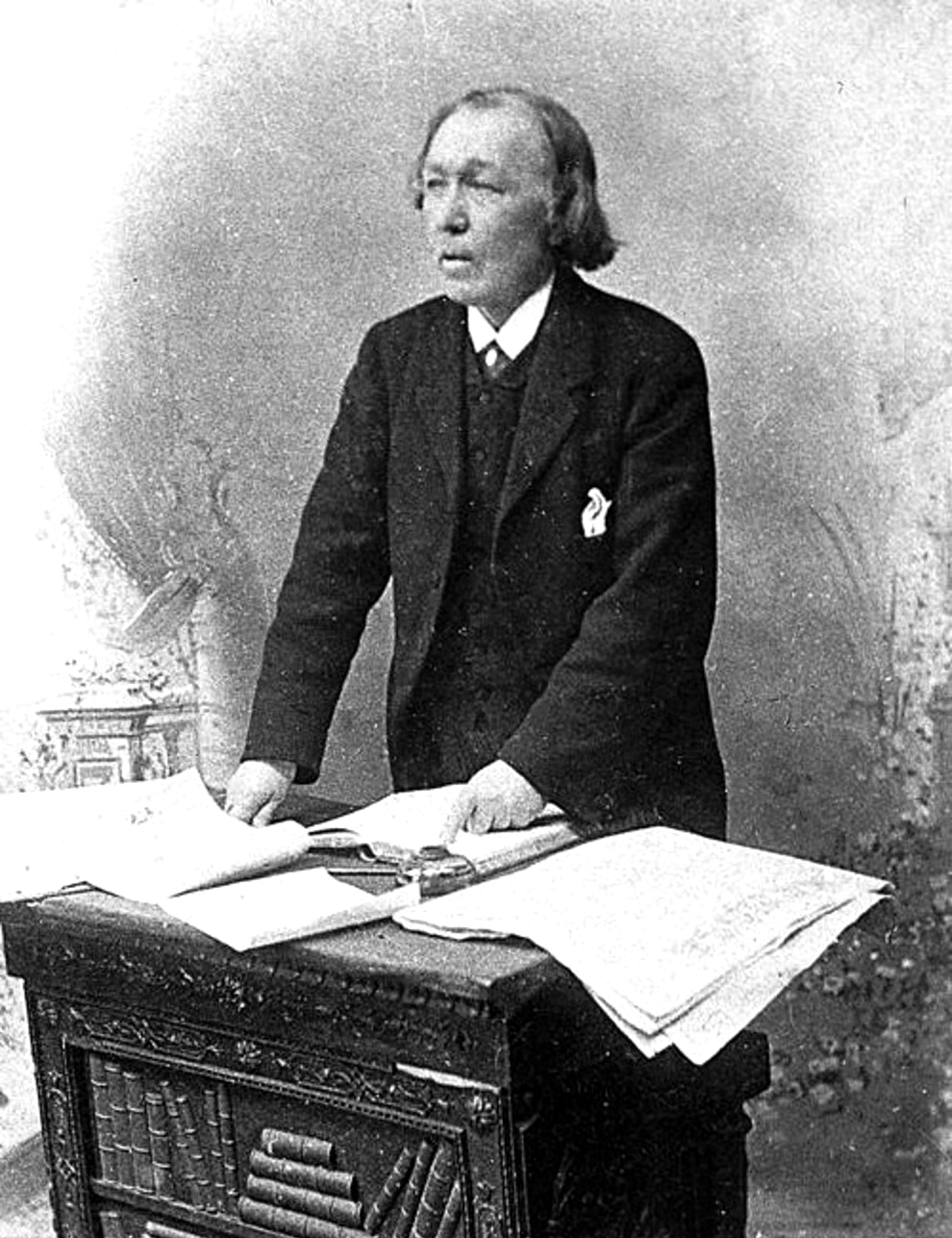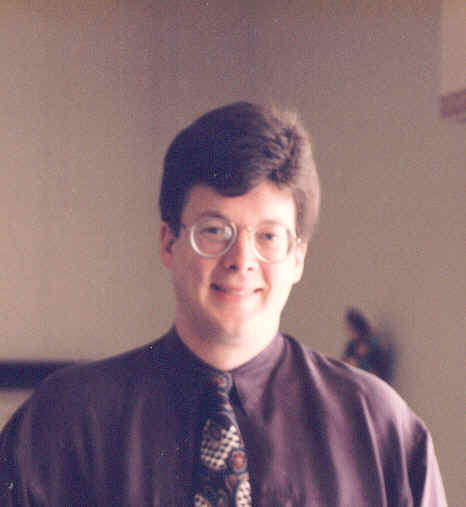 |
| Earl the Squirrel's Rule #21 |
Aside from encouraging the writer to find engaging topics there is not much to be said about content. Nothing that follows will help students become good poets. It might help them avoid becoming bad ones, though. Bear in mind our ultimate goal: to write something that people, including but not exclusively poets, might enjoy.
Busting the Onion Myth
 |
| Earl the Squirrel's Rule #9 |
The same person will apply different analogies according to mood and age. This is true even if the piece is not ambiguous by design. In such cases it isn't the poem losing layers; the viewer is adding them.
 |
| Earl the Squirrel's Rule #2 |
Insisting that poetry must reveal greater truths with each visit isn't just the typical confusion between the tiny vatic/didactic subset and the much greater whole. It is a fundamental misapprehension of what some poetry does with what
all poetry is. To appreciate this distinction let's review how poetry came into being:
 |
| Earl the Squirrel's Rule #15 |
At a party we ask others to stop us if they've heard this misadventure before. No one wants to encounter the same schtick twice, right? Well, people will watch the same standup routine or comedic play/movie/sitcom episodes over and over again, such that it seems people do want to encounter the same joke twice. What gives? Why the difference?
 |
| Earl the Squirrel's Rule #6 |
The distinction is between form (e.g. inventive storytelling, performance, compositional technique, original expression, everything except the content) and substance. If our communication amounts to no more than information there is little sense in repeating it. Message sent. Message received. How many times do you want to watch today's weather report?
The more form it includes the more repetitions the communiqué can sustain. As long as it doesn't require technical knowledge, watching anyone do anything well can be entertaining for a while. As banal as they are, unicycling, juggling and wrestling can hold the casual observer's attention longer than the average contemporary poem. At the other end of the complexity scale, bridge and chess may fascinate their afficionados but those passing by? Not so much. Everyone who stops to watch chessplayers in the park knows what the word "fianchetto" means; those who don't will walk past.
So what is the learning curve for a poetry audience? For poetry to survive a viewer needs no more technical knowledge of what is transpiring than a patient etherized upon a table requires. Shakespeare made as much from the pits as the balcony. For verse to thrive might require familiarity with some of the fundamentals we're discussing here, rudiments that should be taught in grade school, as they were before poetry's demise.
Interpretations, Applications, and Allusions
 |
| Earl the Squirrel's Rule #12 |
If T.S. Eliot wrote the heavily allusive "The Love Song of J. Alfred Prufrock" today he would use hypertext links rather than footnotes. These don't help performers, though. The challenge is to write pieces that, like Prufrock, succeed on their own, allowing supportive annotation to add the dimension of breadth later.
Above all, avoid the trap of requiring multiple exposures or "close reads" before initial appreciation. A sargeant instructs his troops that, if their bayonet gets stuck they can dislodge it by firing off a round. One soldier responds: "Sarge, if there's a bullet in my gun there ain't gonna be no bayonettin'!"
If viewers don't enjoy the initial encounter there ain't gonna be a second one.
Authorial Intent and the Intentional Fallacy
Many new writers assume that their meaning, "authorial intent", is the final word on interpretation. Actually, that is not true in poetry, in law, or in life. What matters is how the average observer will understand the text. The median is the message.
Some critics, including this one, consider this the finest sentence written in the 21st century:
"You wrote your verses
with your veins,
cold against the wall."
The author intended this to be literal: a prisoner using his blood (and urine, according to the poet) to write poetry on the wall of his cell. Any disinterested, middle-of-the-road party would take it as a metaphor.
Originality
 |
| Earl the Squirrel's Rule #17 |
















